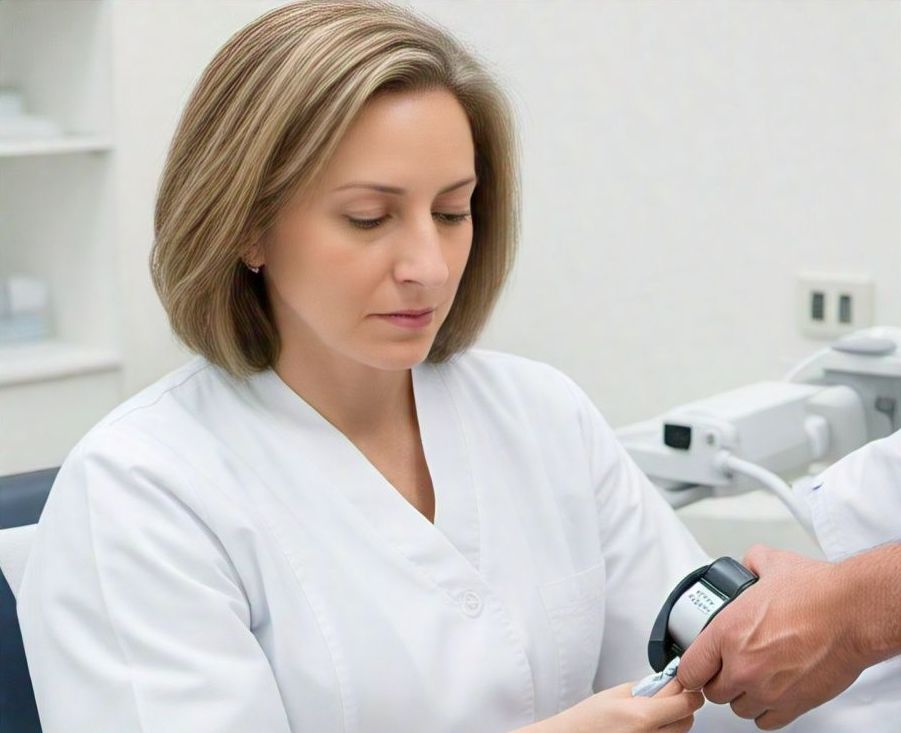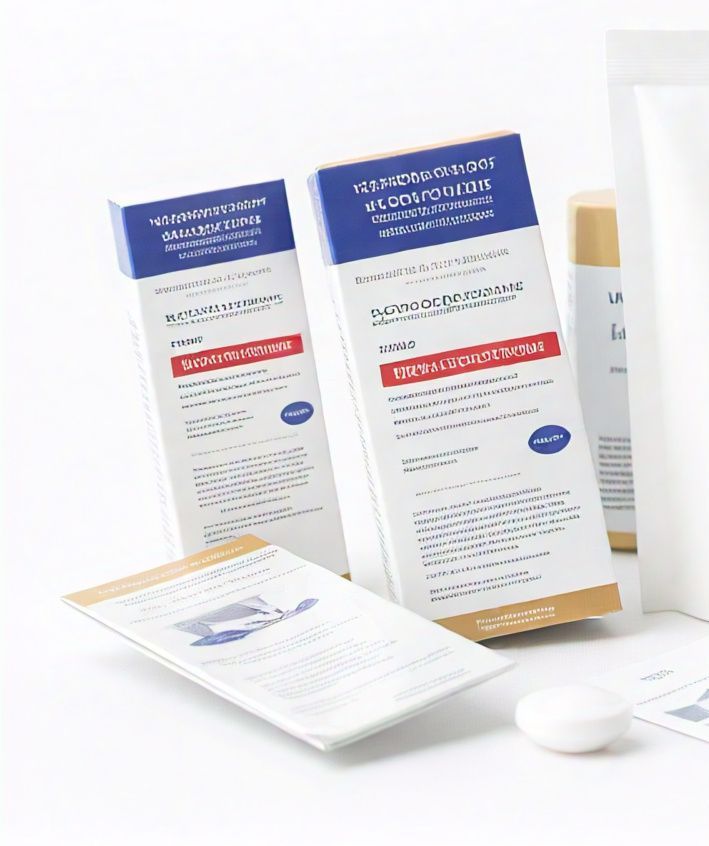Menopause is a natural transition in a woman’s life at the end of her reproductive years. While the symptoms associated with menopause—such as hot flashes, sleep disturbances, and mood changes—can be challenging, effective management strategies can help women navigate this phase with comfort and confidence.
To understand menopause better, go through What is Menopause: Recognize its Symptoms.
The transitional phase, known as perimenopause, often begins years earlier, with fluctuating estrogen and progesterone levels triggering a range of physical and emotional symptoms.
You can follow these 6 steps for the smooth transition through this phase.
1. Lifestyle Modification:
- Nutrition: Fruits, vegetables, whole grains, and lean proteins are advised. Incorporating calcium and vitamin D is crucial for maintaining healthy bones and preventing weakness.
- Regular Exercise: Activities like weight-bearing exercises, yoga, and cardiovascular workouts can improve mood, strengthen bones, and maintain a healthy weight.
- Stress Management: Techniques such as mindfulness (Mindfulness: Understanding, Benefits and Evidence), meditation, and breathing exercises can help manage anxiety and mood swings.

2. Hormone Replacement Therapy (HRT):
- HRT is one of the most effective treatments for severe menopausal symptoms, particularly hot flashes and vaginal dryness. It involves supplementing estrogen, sometimes combined with progesterone.
- While highly effective, HRT carries risks, including an increased likelihood of blood clots and certain cancers. Women should discuss their personal risk factors with a healthcare provider to determine if HRT is appropriate.

3. Non-Hormonal Medications:
- For those who cannot or prefer not to use HRT, non-hormonal options like selective serotonin reuptake inhibitors (SSRIs) can help alleviate symptoms like hot flashes and mood changes (Discuss with your physician regarding the need and dose of SSRI).

4. Alternative Therapies:
- Acupuncture, herbal supplements like black cohosh (Black Cohosh: Benefits and Potential Side Effects), and soy-based products are popular alternative treatments. However, their effectiveness varies, and they should be used with caution due to limited regulatory oversight.

5. Support Systems:
- Engaging in support groups or counseling can provide emotional relief and shared experiences with others navigating menopause.
- Partner and family education can foster understanding and support at home.

6. Vaginal Health Products:
- Over-the-counter lubricants and prescription therapies can address dryness and discomfort without systemic hormonal exposure.

Addressing Long-Term Health
Post-menopausal women gain weight and are at increased risk of osteoporosis and heart disease. Regular check-ups, including bone density scans and cardiovascular screenings, are critical. Adopting preventive measures, such as quitting smoking and reducing alcohol consumption, further safeguards long-term health.
Consulting a healthcare provider for personalized advice is the first step in ensuring a balanced and healthy menopausal journey. For more information, consult reputable resources like the North American Menopause Society or speak with a healthcare professional.




